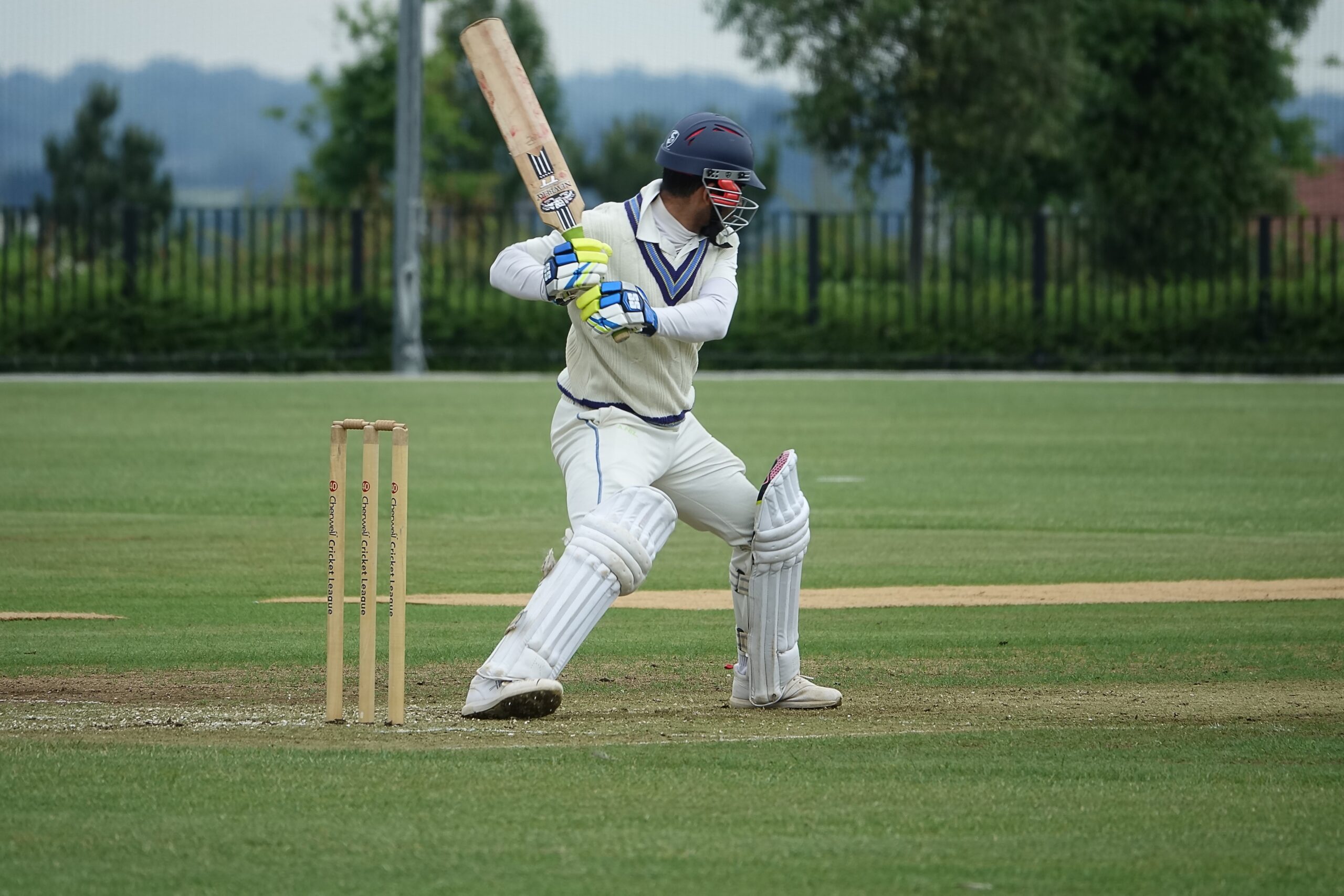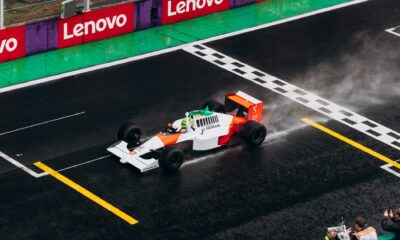2023 ICC World Cup: Where Cricket Meets Politics

Credit: Unsplash
A Look at How Sport and Politics Collide on the World Stage
As the 2023 International Cricket Council (ICC) World Cup commences in India, observers and experts are pointing to the evident fusion of politics and cricket in this sporting extravaganza.
From the controversial naming of stadiums to venue selection and broader issues related to demonization, there are concerns that India’s ruling Bharatiya Janata Party (BJP) may be using the tournament as a platform to bolster its political standing and set the stage for a possible third term in office.
In a notable incident in March, ahead of an India vs. Australia Test match at Ahmedabad’s Narendra Modi Stadium, named in honor of India’s current Prime Minister Narendra Modi, a ceremonial event marked 75 years of India-Australia cricket. Modi and his Australian counterpart Anthony Albanese took a lap of the stadium, setting off in a golf cart designed to resemble a golden chariot. This display, accompanied by speeches and performances, offered a glimpse of the politics that the ICC World Cup may bring to the forefront.
Despite India’s strong cricketing prowess, the nation has not clinched a World Cup victory in 12 years, making them all the more eager to succeed this time. Some argue that the BJP is using various aspects of the tournament, including stadium names and venue choices, as a means to further its political agenda.
Historian and cricket enthusiast Mukul Kesavan suggests that this World Cup is “more politicized” than previous editions, given India’s propensity to turn sporting events into self-celebrations with an eye on forthcoming elections.
Columnist and author Suresh Menon predicts that the World Cup could serve as an “extended election campaign” for the BJP, potentially overshadowing star players and becoming known as the “BJP’s World Cup.”
#Chepauk Ready for #India's opener vs #Australia with the #CWC2023 hoarding boards. Time for action on October 8th. #Chennai #icccricketworldcup2023
VC : Kalidas Singam pic.twitter.com/Av5LECk8B3
— Saai Krishna (@SaaiKrishna2002) October 5, 2023
The BJP’s influence in cricket administration is notably channeled through Jay Shah, the secretary of the Board of Control for Cricket in India (BCCI) and the son of India’s powerful Home Minister, Amit Shah. While having a politician involved in cricket administration is not inherently problematic, concerns arise when the sport is perceived as a tool for political ends.
The BCCI, although not the official organizer of the World Cup, wields significant influence over the event’s decisions. Every move, from scheduling to venue choices, is being scrutinized through the lens of politics.
The decision not to hold matches in Mohali, a city with a rich history of World Cup matches, is viewed by some as a political move against the state of Punjab, which voted for a BJP rival in recent state elections.
While the ICC remains the official organizer, the interplay between politics and cricket in this year’s World Cup is impossible to ignore, marking an intriguing chapter in the world of sports and politics.



















